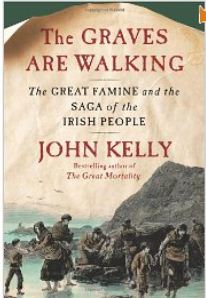This review was originally published by the Historical Novel Society in the Historical Novel Review, February 2013.
Ireland in the early 1960s: Savvy, sophisticated Clare Hamilton returns from France to her native Armagh to marry Andrew, her childhood sweetheart, and run his ancestral home as a B&B. Business goes well for a time but falls off with the rise of package holidays abroad and sectarian violence in nearby Ulster, leaving Clare and Andrew finding it difficult to make ends meet. Clare is the creative, upbeat, come-rain, come-shine heroine, while Andrew is pleasant but struggles to create a successful law practice and really wants to be a farmer.
This is the fourth novel in Doughty’s Hamilton sequence and covers the time period 1960 to 1966. Come Rain, Come Shine is a smooth read with likeable characters. Armagh and the places Clare and Andrew visit are beautifully evoked — the author’s familiarity with the landscape comes through. Doughty captures the classic Irish phrasing and culture so much it made me smile.
But I felt that for the time period, Clare and Andrew had more luxury-related problems than the general population at a time when unemployment was rife. Andrew refuses a lordship but wants to farm, loses his law partnership, and gets cheap office rent in Armagh. I wished for antagonists with more depth, a bit more conflict with higher stakes, particularly in the time when the North of Ireland was riddled with dissent and violence between Catholics and Protestants.

